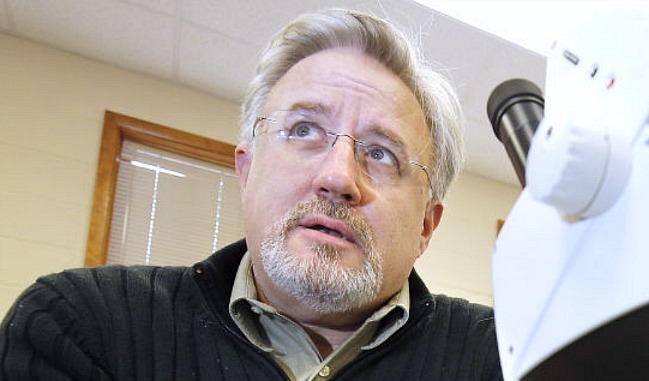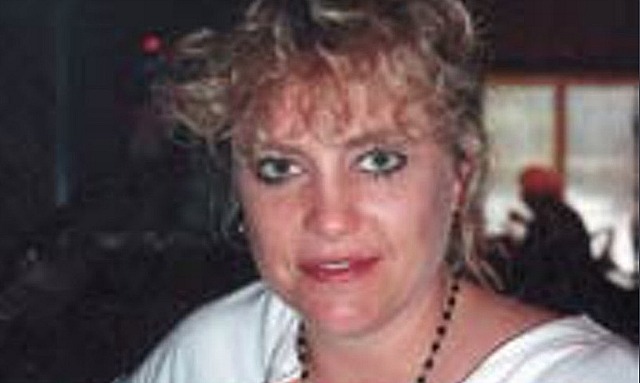Two days ago I posted an email from Atlanta Journal Constitution Editor-in-Chief Kevin Riley. It shared concerns about accuracy in Clint Eastwood‘s Richard Jewell (Warner Bros., 12.13), which will have its local debut at AFI Fest on Wednesday, 11.20 — tonight. Hollywood Elsewhere will attend a concurrent screening at another location.
Riley’s lead-off concerned the late AJC reporter Kathy Scruggs, portrayed in the film by Olivia Wilde. Scruggs was the AJC reporter who got the initial information that law enforcement was pursuing Jewell.
What we’ve been told, says Riley, is that “the film portrays Scruggs as trading sex with an FBI agent in exchange for a tip on the story.”
“There is no evidence that this ever happened,” Riley says, “and if the film portrays this, it’s offensive and deeply troubling in the #MeToo era. Scruggs was the AJC reporter who got the initial information that law enforcement was pursuing Jewell. She was known as an aggressive reporter and committed journalist who sought always to beat her competition. She has been described by one of her contemporaries as ‘irreverent and savvy.’”

University of Jacksonville professor of forensics Joseph Scott Morgan
Yesterday morning I spoke with author Joseph Scott Morgan, a former Atlanta forensic specialist and a book author (“Blood Beneath My Feet“), and obtained another, somewhat distanced view of Scruggs.
Currently a Professor of Applied Forensics at Jacksonville State University in Jacksonville, Alabama, Morgan was working for the Fulton County medical examiner at the time of the 1996 Atlanta Olympic Games bombing. The facility was located on Coca Cola Place, right behind Grady Memorial Hospital.
Morgan: “I was a new investigator in Atlanta. I was working around a lot of older guys, older cops who were assigned to work with medical examiners. I would never rub elbows with reporters, and [yet] Kathy Scruggs sort of materialized in the office.
“She would sit around and talk. And was dressed very, very provocatively. Short leather skirts, halter tops, all kinds of stuff. These guys showed a lot of deference to her. ‘She’s a friend of ours,’ they told me. ‘She works with AJC. A straight shooter. Gives as good as she gets.’
“Any time there was [an active] case, Scruggs would come to the medical examiner’s office. She had inserted herself into this environment and was doing her job. [But] she was kinda crude. She really had no business being in this area. She made me feel professionally uncomfortable. The combination of her presentation and the fact that she was allowed in a restricted area. It was untoward.
“By the time the bombing occured there was no more Kathy Scruggs in our area,” Morgan recalls. “The chief medical examiner at the time, Dr. Saleh Zaki (since deceased), sensed that it was less than a professional environment.”
The film allegedly implies that Scruggs had sex with an FBI agent in exchange for a scoop on a story. Did Morgan ever hear anything along those lines?
“I never heard that,” he said. “[But] I could probably extrapolate from the way she presented herself.” Then again, he says, Scruggs “did her job. She made her living off homicide stories…stories about death. And that’s what sells. She would come to us after she had been to the police. She would follow up.”

